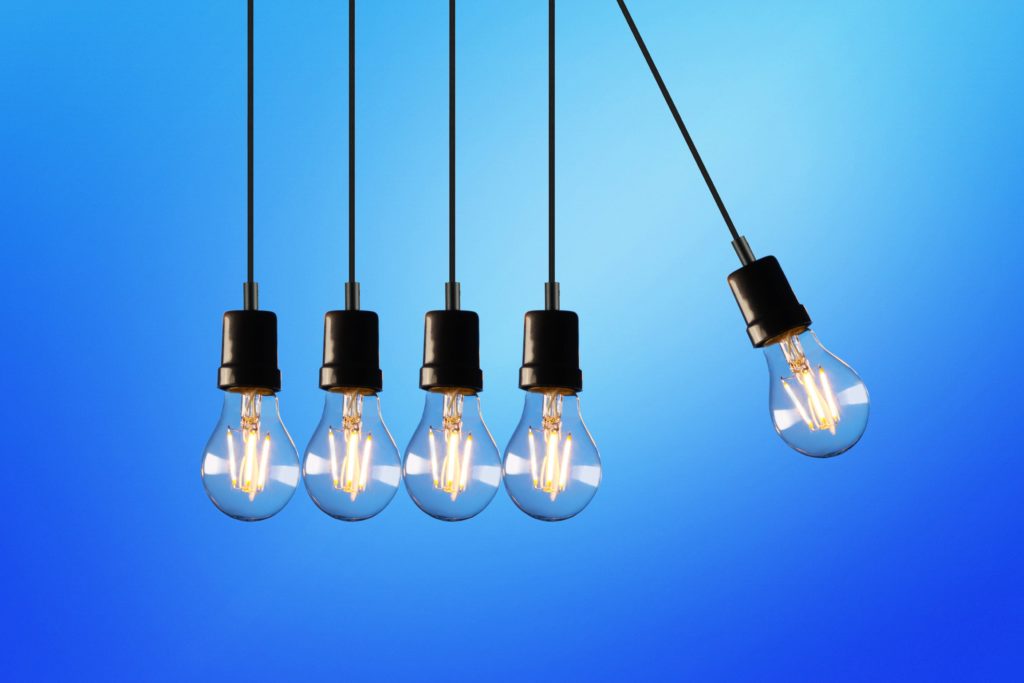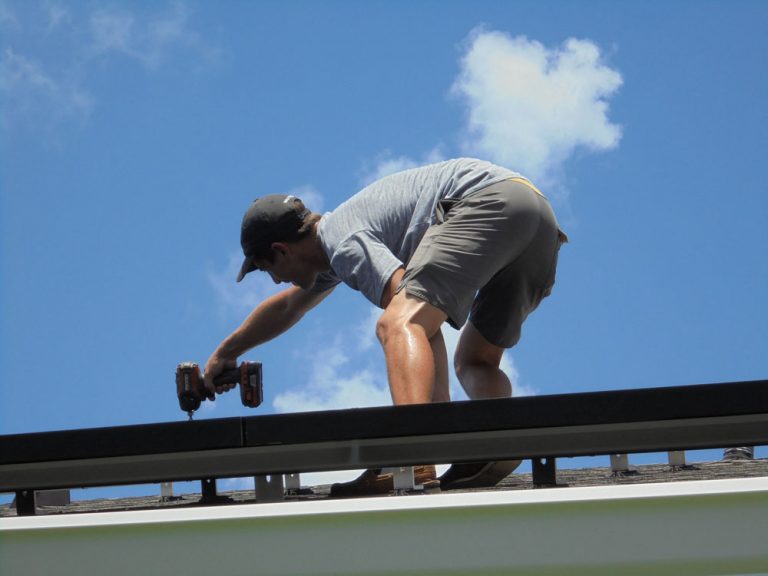Guest post by Janet Lovelace

Research shows that the effects of climate change have escalated, with 2020 seeing record CO2 and heat levels, accelerated arctic ice melting, decreasing permafrost, and global forest declination. The impact on weather is also considerable, with reports describing severe rises in droughts, insect outbreaks, and wildfires in the U.S. alone, as well as a spike in hurricane intensity.
In response to global warming’s worsening impact, the demand for renewable energy sources such as solar, geothermal and wind energy, and hydropower went up in 2020 and is predicted to continue growing. In 2019, there were over 2 million solar panel installations in the U.S. The inclusion of non-finite energy into your home through solar panels is a way for you to help combat climate change and reap numerous benefits. Read on to learn more, courtesy of Joe Does Solar.
You May Qualify for the FHA Energy Efficient Mortgage Program
This program’s purpose is to increase the feasibility and affordability of homeownership by lowering utility costs. It accomplishes this by granting you a mortgage that incorporates the costs of home green improvements to a home you own or are buying.
You May Qualify for Tax Rebates and Solar Tax Credits
The installation of renewable energy equipment in your home qualifies you for a tax credit of up to 30% of your total cost, with the amount you can claim depending on when you got it. This amount is deducted from your tax payment. Certain states also offer tax rebates and other incentives for homeowners who invest in renewable energy.
Your Energy Bills Will See a Drop
Solar panels can save you money by providing the energy you would normally obtain through electricity. For instance, during hot summer months, they can help power your air conditioning system. However, the savings amount will vary based on location since installation costs are not the same across the nation, and solar energy works best when there is a large amount of direct sunlight available. Those residing in heavily shaded or rainy areas may not see as much of a decline in power bills. Solar panels also act as a form of shade, reducing the temperature in your home by deflecting sun rays and allowing air to flow between them and the roof.
Your Roof Will Last Longer
Your roof derives protection from solar panels, which act as a barrier from otherwise potentially harmful sunshine. They also shield it from debris, rain, sleet, hail, and other objects that might otherwise knock off shingles or do damage.
You Should Look at Your Roof Before Installation
Inspect or have your roof inspected; if it is in shoddy condition or approaching the end of its life, replace it to make sure it can withstand the panels’ weight. Though most roof materials are compatible with solar panels, wood and slate are not good choices. During installation, professionals usually walk on the roof, so a sturdy, non-brittle one is often essential to make the process smoother. Asphalt roofing, a common material, is suitable, but a standing metal roof is the best kind for solar panels. A roof with a southward-facing slant will provide the best sun exposure if you are in the northern hemisphere.
Thinking Big
Once you’ve gotten a taste of how much money you can save through solar energy, you might be tempted to go green in other ways, too. For instance, there are new, eco-friendly businesses popping up in every state. Especially if you want to relocate to one of the best cities for green entrepreneurs, now is the time! From Denver to Phoenix to Los Angeles, there are plenty of green cities where your new, eco-friendly entrepreneurial spirit can take root.
Solar energy equipment is an addition that allows you to save money, receive incentives and contribute to saving the world you inhabit and future generations will inherit. For solar installations in the Orlando area, contact Joe Does Solar today!

